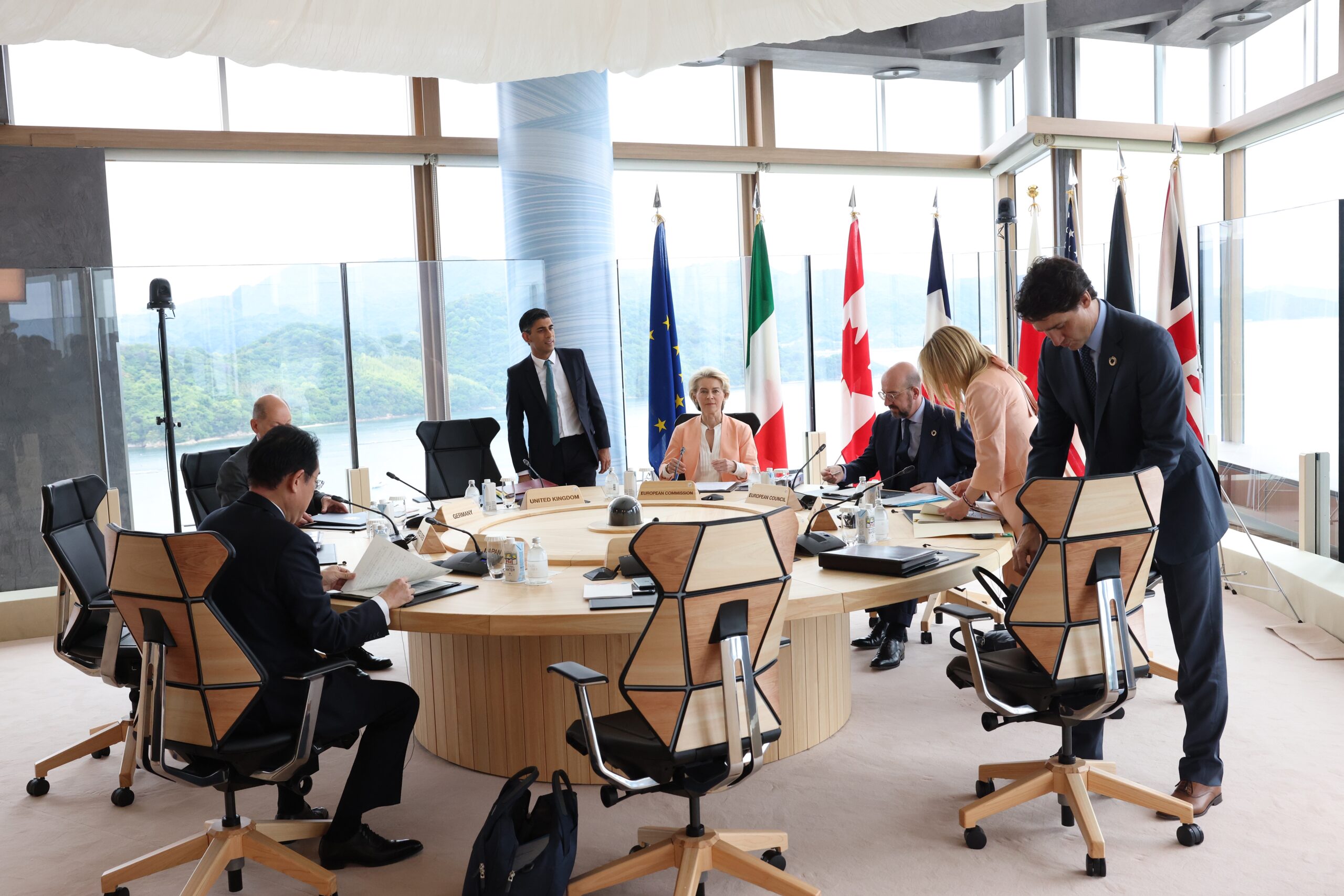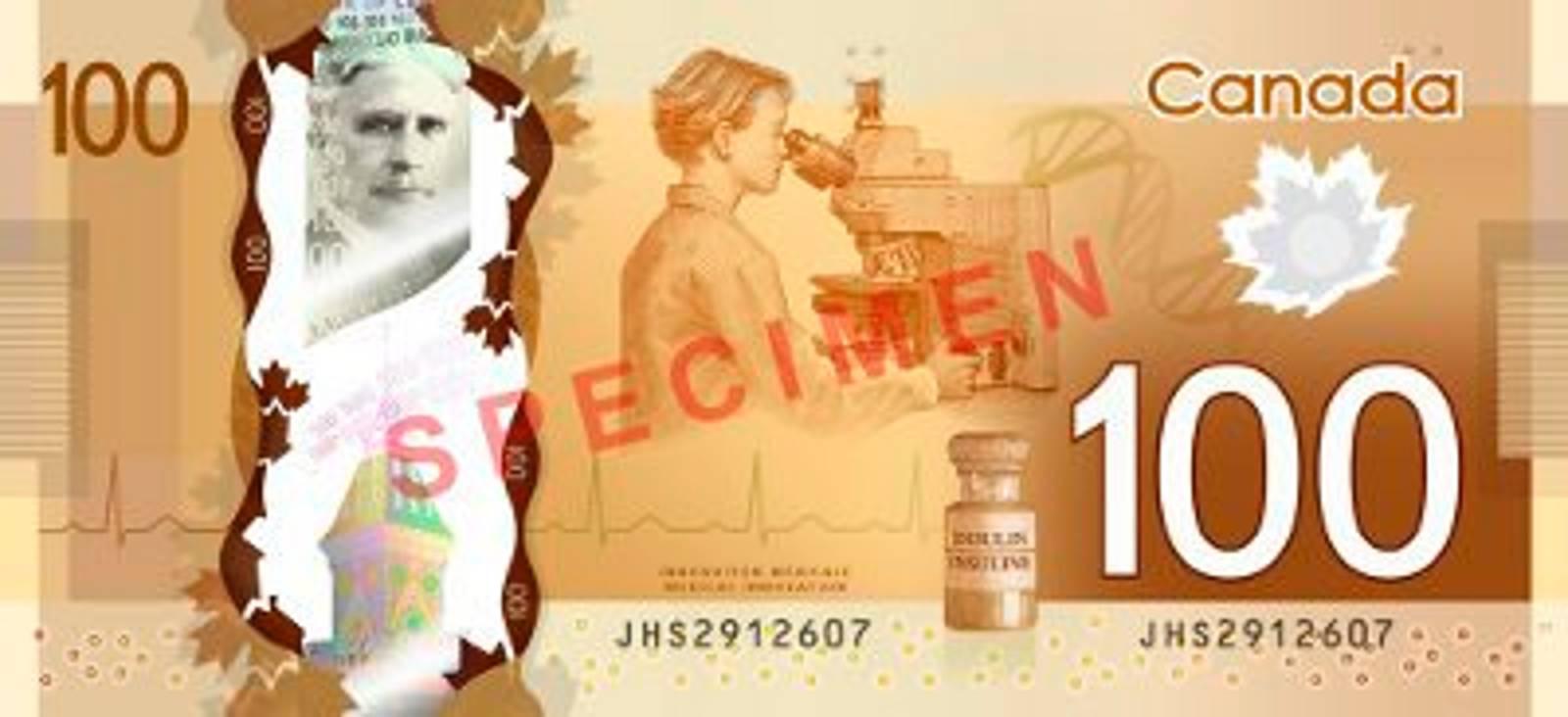G7 countries are economic and political heavyweights with the power to tackle pressing global issues.
If you look back at the agendas of previous G7 summits, you’ll see many of the same themes: reducing inequality, advancing women’s equality, and promoting global security among them.
This year, the to-do list for the leaders of seven of the world’s economic and political heavyweights is long – to take meaningful action on climate change, tackle the hunger crisis and unlock funds to end extreme poverty.
Although the Group of 7, known as the G7, does not have the same power to enact global policies as organizations such as the United Nations, it does include countries with outsized global influence – Canada, France, Germany, Italy, Japan, the United Kingdom, and the United States, as well as representatives of the EU, which is also invited to all G7 meetings with observer status.
Humanitarian groups follow the meetings closely because their outcomes have the ability to influence, among other things, foreign development assistance, the fight against global poverty and investments in climate action.
This year’s meeting, to be held in Hiroshima, Japan, May 19-21, is particularly important because, frankly, the world has many pressing challenges facing it right now: climate change; Russia’s war in Ukraine; a global food crisis; and the debt crisis, to name but a few – all of which are pushing increasing numbers of people into extreme poverty.
So let’s see what the G7 is and how it was born; what the leadership summit should focus on this year; and how we can all use our voices to urge G7 leaders to seize this opportunity to drive real, positive change.
How and why was the G7 formed?
After 1973 oil crisisfinance ministers from six of the world’s major economies – France, Germany, Italy, Japan, the United Kingdom and the United States – formalized discussions they had held on the state of the global economy and international politics.
Leaders had just seen how disruptions to an important global commodity – oil – could lead to widespread job losses, rising inflation and a collapse in trade.
It was a domino effect that they wanted to avoid in the future.
So they decided to get on the same page – officially naming the gathering the “Group of 6” or G6. During a few days in Rambouillet, France, in 1975, they have discussed everything since multilateral trade to the role of democracies in unemployment.
Since then, the group has continued to meet regularly – including at the annual Leadership Summit – and membership has grown over time. Canada was added in 1976 to make it the G7, followed by Russia in 1994, making it the G8. Russia was later suspended from the group after annexing Crimea in 2014, and the group returned to the G7, with more EU representatives.
What can the G7 summit do?
The G7 is a formidable global political forum. THE the group includes seven of the world’s nine largest economies, seven of the 15 richest countries per capita, seven of the top 10 exporters, and seven of the top 10 UN donors.
Even without the G7, these countries would have enormous power to shape the priorities of the global economy. But the G7 amplifies their individual influence and acts as a stabilizing force in the tumult of national power transitions. G7 members regularly invite visiting leaders to attend and have backed an offshoot called the G20 to give more countries around the world a chance to align on economic issues.
The G7 presidency rotates every year. Since the group is only an informal association and not an institutionalized organization, the presiding country – Japan for this year – has a special responsibility and can significantly influence the agenda.
Over the years, The G7 has in the face of the nuclear fallout from Chernobyl, eliminated the debt of low-income countries, mobilized funds to fight malaria and HIV/AIDS and promoted issues such as gender equality. But the group has also been criticized perpetuating global inequality by preserving the economic status quo – the G7 represents only 10% of the world’s population – and failing to meaningfully address global crises such as climate change.

“Passionate pop cultureaholic. Proud bacon trailblazer. Avid analyst. Certified reader.”








